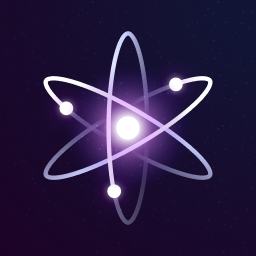281 reads
Contributing to the Cosmos Ecosystem: A How to Guide
by
January 6th, 2022
Audio Presented by

The open, scalable, and interconnected economy of the future. $ATOM
About Author
The open, scalable, and interconnected economy of the future. $ATOM
